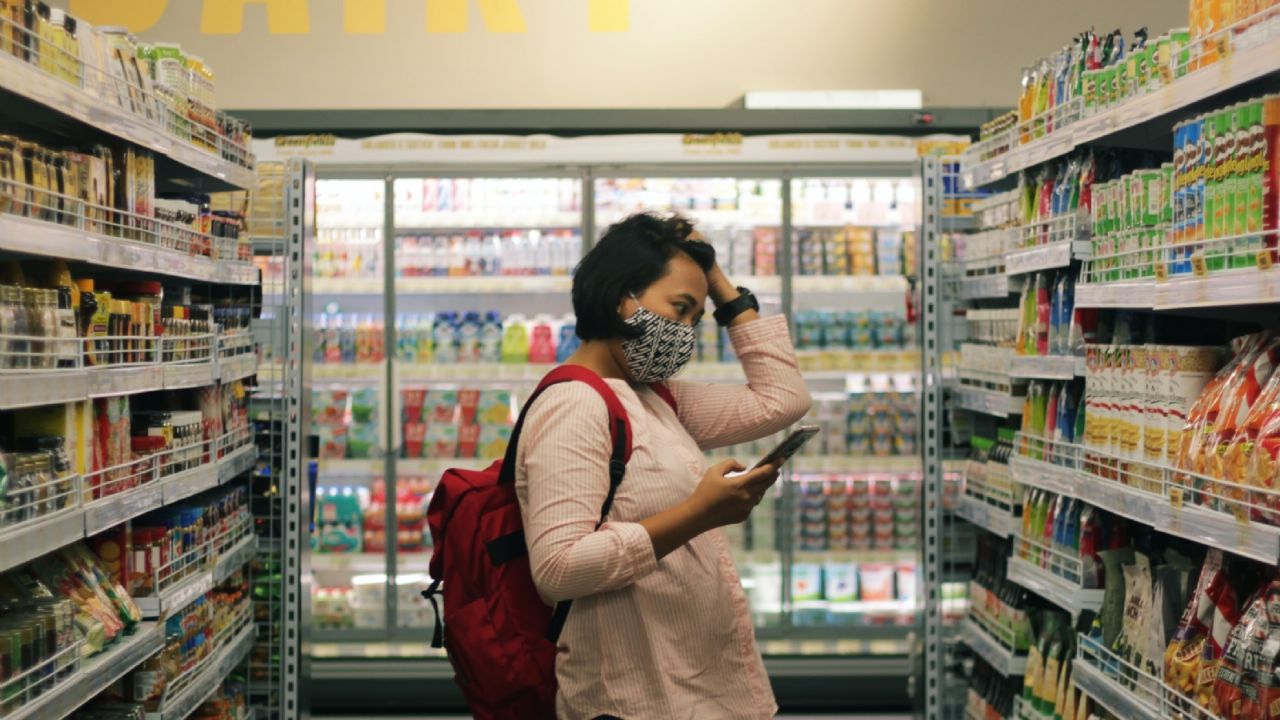According to a recent study published in Naturethe application of taxes on food and high-carbon products, such as meat and dairy, could contribute to reducing about a third of the reductions in residual emissions of greenhouse gases (GHG) needed to reach the targets. zero emission commitments proposed, for example, by the United Kingdom for the year 2050.
Residual emissions are those that are released into the atmosphere after all policies and efforts to reduce emissions have been implemented, in general. To reach this conclusion, academics from different British universities, such as the University of Exeter, the University of Reading and the London School of Hygiene and Tropical Medicine (LSHTM)collected surveys from 5912 participants.
“Especially in countries that consume a lot of meat, such as Chile, public policies that account for the impact of animal products are urgent”He says Diamela CovarrubiasDirector of Corporate Relations of Sanimal energyan international animal protection organization that promotes healthier and more sustainable food choices in Latin America and Southeast Asia.
“The dietary guidelines of some countries already highlight the importance of adopting diets that are not so dependent on animal products, but given the climate emergency and the increase in cases of chronic diseases linked to unhealthy diets, it is time that governments consider new measures such as higher taxes for products that can harm the environment and public health”he points out.
“However, it is clear that we cannot impose taxes and raise food prices even higher in a country that is already struggling with hunger, due to the current economic crisis. It is essential that healthier foods are increasingly accessible, therefore, policies that subsidize and encourage the production and distribution of organic vegetables, fruits, grains and seeds produced by small farmers, are urgent”.
The search for a green future
Food production alone is responsible for more than 30% of all GHG emissions globally, with animal-based foods producing 57% of that total. “To reduce the demand for food products that are not sustainable and, consequently, reach the climate goals for 2050, we need to invest in a deep transition and a more sustainable food system that exploits fewer animals”explains Covarrubias.
According to another recent study, published by the University of Bonn, in Germany, to achieve climate goals and guarantee global food security, meat consumption should be reduced by at least 75% in many countries.
A healthy diet for the planet
According to a report published by the EAT-Lancet Commission, a global food diet that is consistent with both climate and nutritional goals would be largely plant-based. The Commission points out that while the consumption of foods such as red meat and sugar must be reduced by more than 50%, the consumption of fruits, nuts, vegetables and legumes must be doubled.
“This is a critical time for our future and it is critical that authorities around the world act responsibly. But we must also do our part. In Latin America, the Animal Synergy 21 Days Veg Challenge encourages and helps those who want to adopt a plant-based diet with the assistance of professional nutritionists for free”explains Covarrubias.
To learn more about the program, go to challenge21diasveg.com.
About Animal Synergy
Animal Synergy is an international animal protection organization working in countries of the Global South, to reduce the suffering of farm animals and to promote more humane food choices. It is recognized as one of the most effective animal protection NGOs in the world by Animal Charity Evaluators (ACE).

















